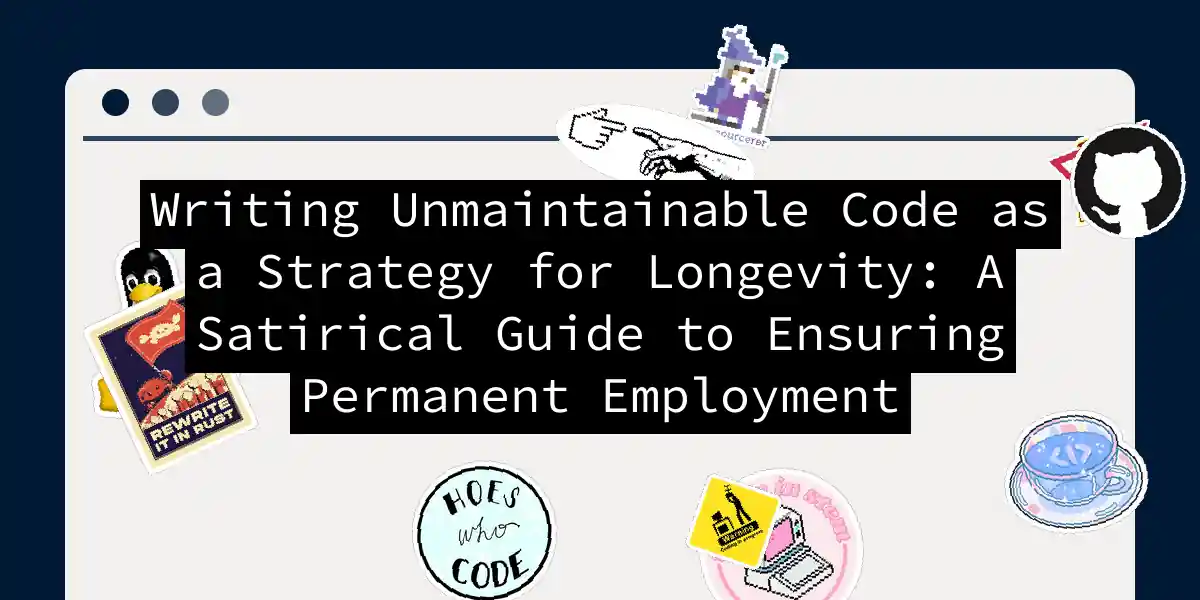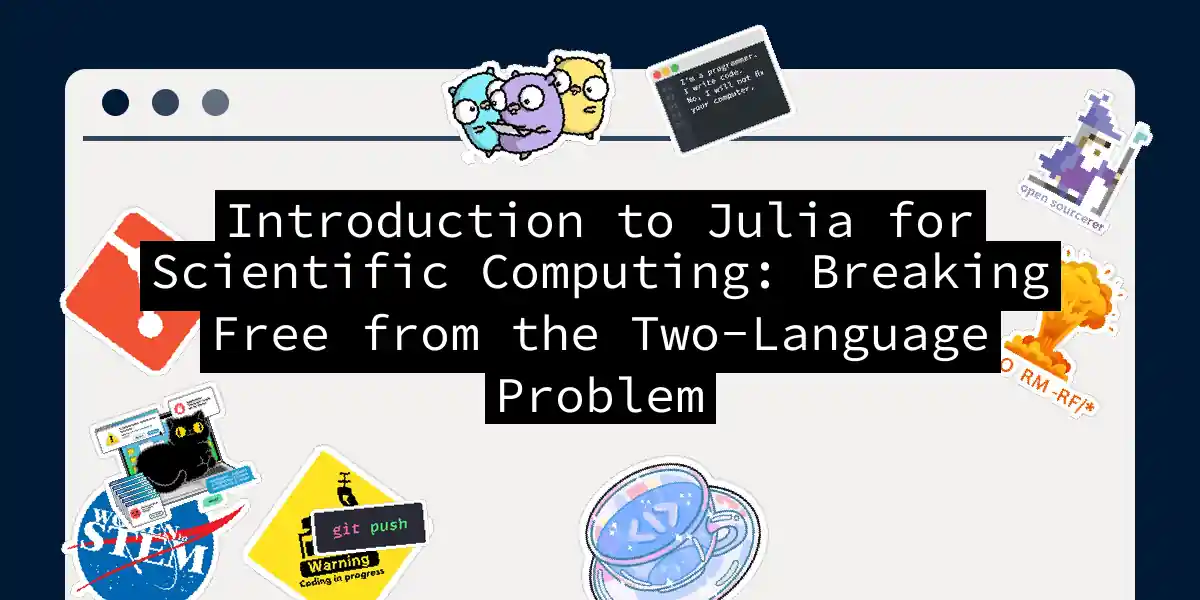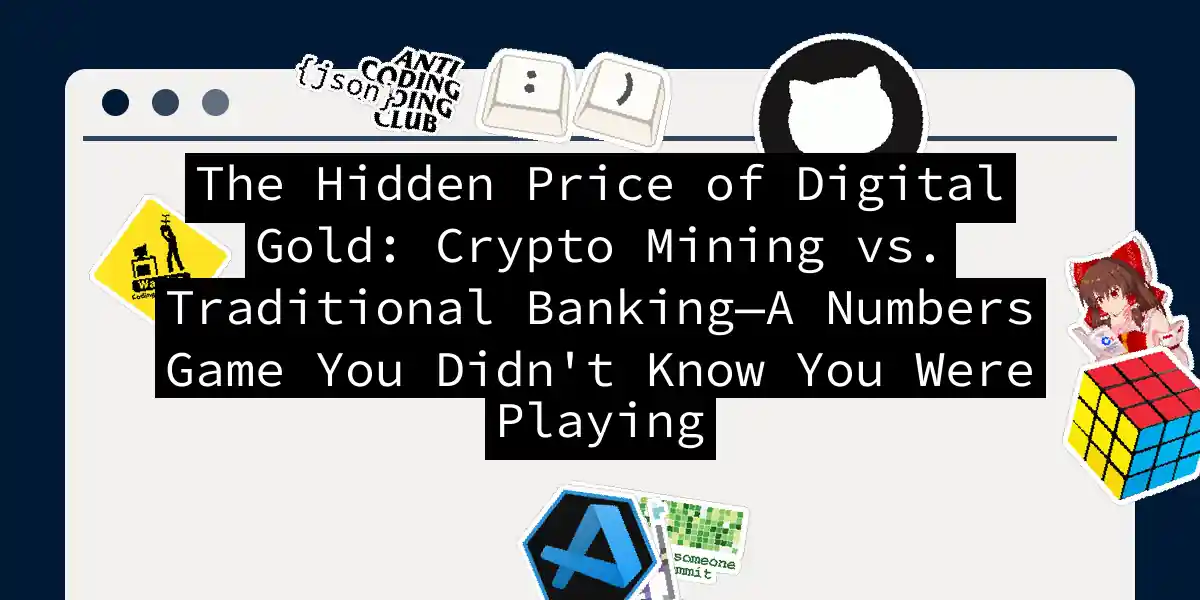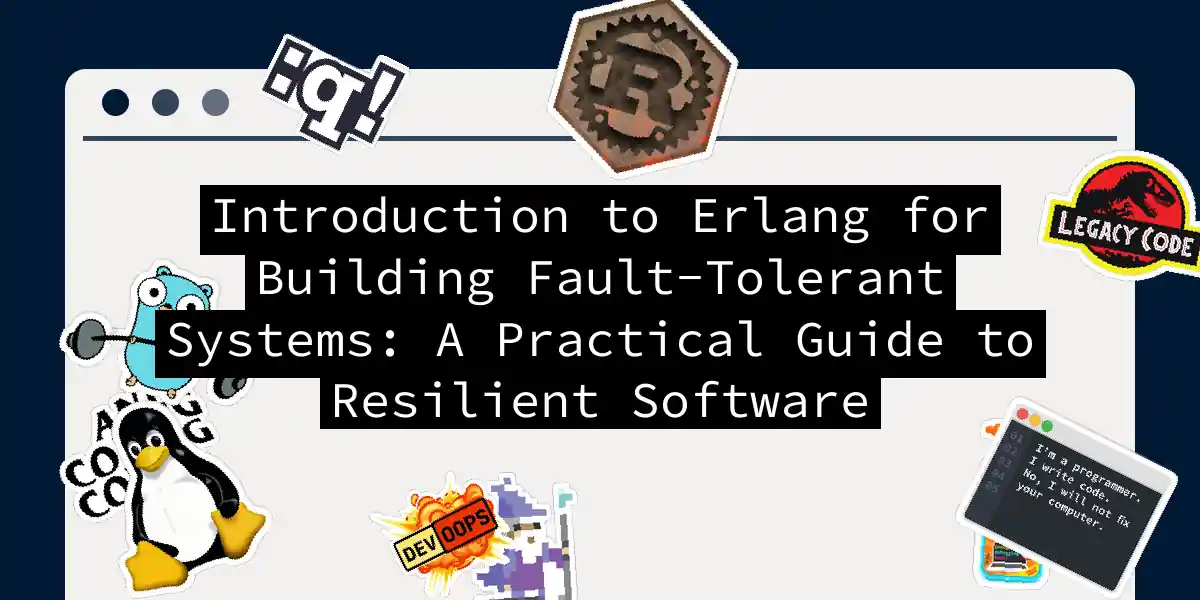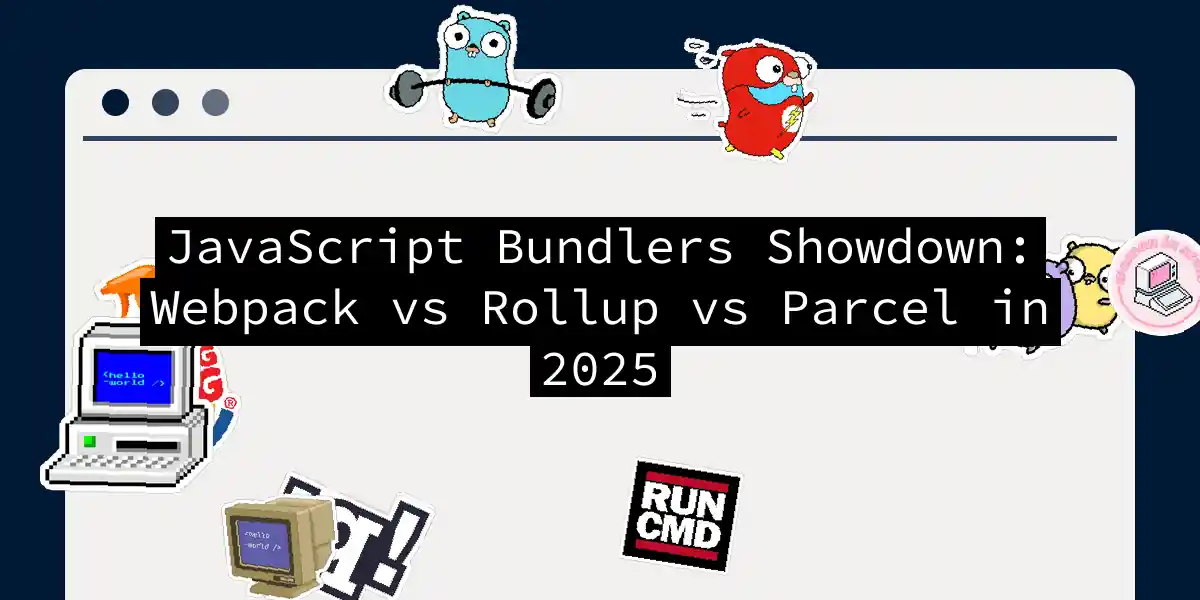
JavaScript Bundlers Showdown: Webpack vs Rollup vs Parcel in 2025
If you’ve ever spent an afternoon debugging a mysterious build error only to discover it was a typo in your webpack config, you know the struggle of choosing the right JavaScript bundler is real. The bundler landscape has evolved dramatically, and what was state-of-the-art five years ago might be causing you unnecessary pain today. Let me be frank: there’s no one-size-fits-all answer to “which bundler should I use?” But there absolutely is a right answer for your project, and that’s what we’re here to figure out together....
